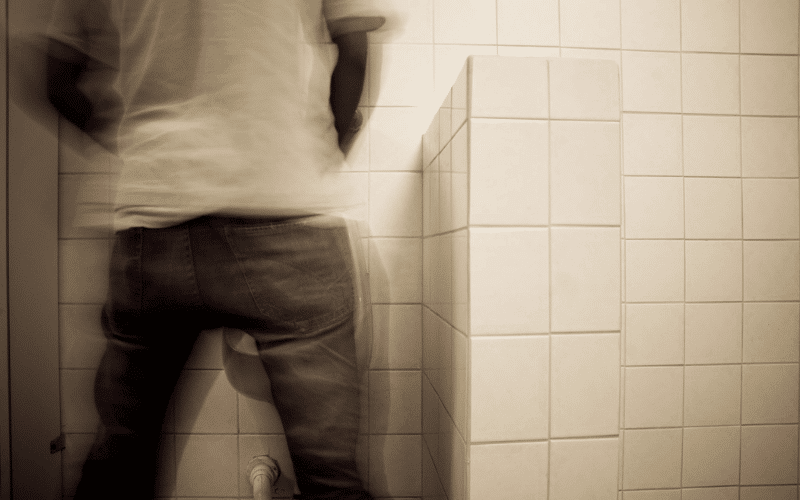Sign 3: Changes in Urination Patterns

One of the primary functions of the kidneys is to produce urine, which helps remove waste products and excess fluids from the body. When kidney function is compromised, you may notice changes in your urination patterns, such as an increase or decrease in urine volume, frequency, or color.
Individuals with renal failure might experience a need to urinate more frequently, especially at night. This condition, known as nocturia, can disrupt sleep and contribute to overall fatigue. On the other hand, some may notice a decrease in urine output, even when they’re well-hydrated. This can be a sign that the kidneys are struggling to filter waste products and excess fluids properly.
Additionally, changes in the color and appearance of urine can also indicate kidney problems. Dark, amber-colored urine might signal dehydration, while foamy or bubbly urine can suggest the presence of protein, a sign that the kidneys are not filtering properly. Monitoring your urination patterns and reporting any changes to your healthcare provider is essential for detecting renal failure early on. (3)